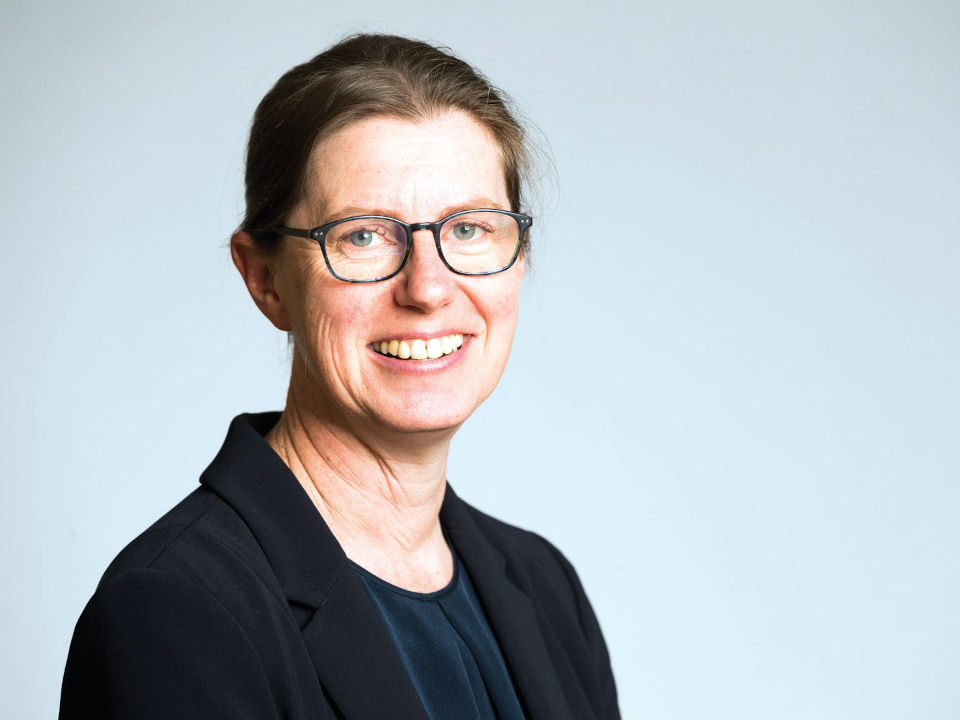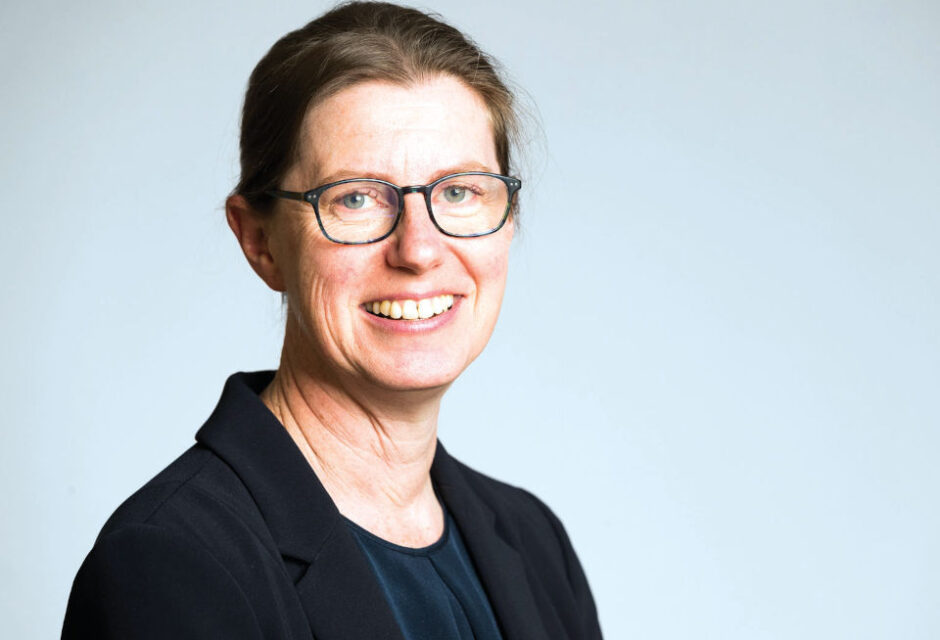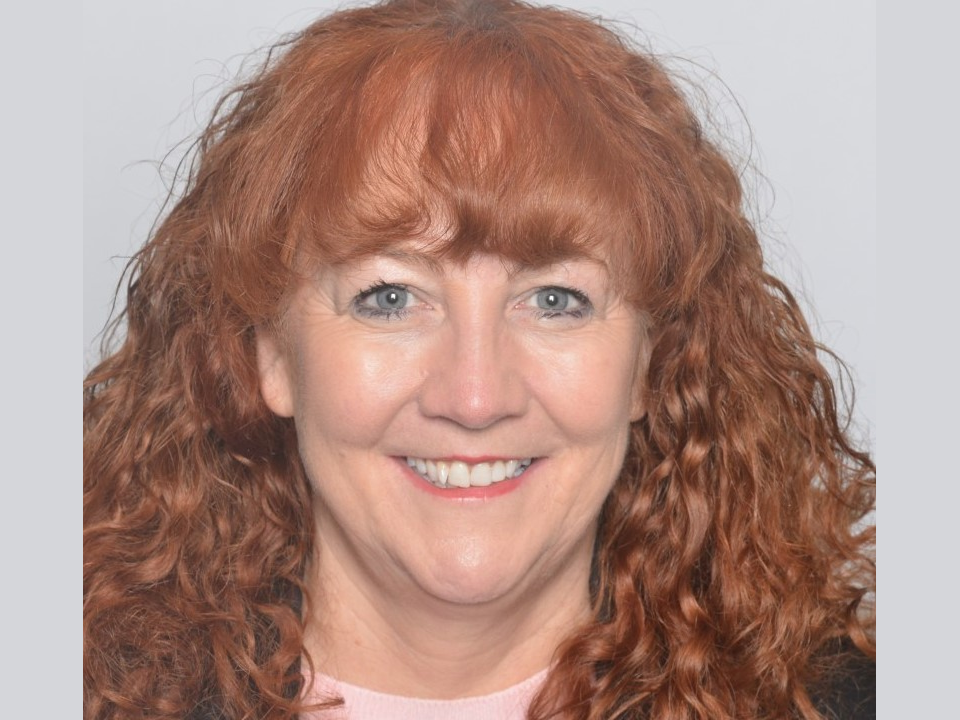
Rachael Wardell
ADCS President 2025/26
Executive Director of Children, Families and Lifelong Learning
Surrey County Council
Since reading Andy’s terrific final blog as President last week, I’ve been pondering what to write in my first one with the presidential pen in my hand. He set out, so clearly, the pleasure and privilege of being able to work with government, focused on children’s needs, rights and outcomes, and how encouraging it is to see the issues ADCS has long been raising really gaining traction in policy development and the public mind.
I could write about inspection; I and my Surrey colleagues have just emerged from three weeks of standard ILACS inspection. Maybe children’s services leadership? - I recently met with Cohorts 8 and 9 of the current aspirant DCS programme (long story short: the future is safe in their hands!). What about regional collaboration? - A month ago, my leadership team devoted a worthwhile day to a peer challenge with two other South East authorities’ leaders of children’s services. Perhaps some thoughts about children subject to a Deprivation of Liberty Safeguards Order? - Just this Tuesday, in my first gig as ADCS President, I participated in the ‘Back to Their Futures’ conference run by the Nuffield Family Justice Observatory on exactly this subject. In the end, however, I decided to focus this blog on something that impacts a huge number of children, and disproportionately affects our work in countless ways; child poverty.
It is desperately sad that in 2025 child poverty remains a pressing issue in the UK, with significant implications for the nation's current and future wellbeing. Statistics paint a sobering picture of the extent and impact of child poverty on families and society as a whole.
Recent data shows that around 31% of children in the UK live in relative poverty after housing costs a figure that has remained stubbornly high over the past two decades, climbing steadily in the past 10 years. This means nearly one in three children grow up in households with incomes below 60% of the median, struggling to meet basic needs. The issue is particularly acute in the North East, North West and West Midlands, and in London where high housing costs exacerbate financial strain.
Certain demographics are disproportionately affected, including children from larger families, those in single-parent households, and those belonging to minoritised groups such as Bangladeshi and Pakistani communities, which face significantly higher poverty rates. These disparities highlight systemic inequalities that require targeted interventions to counteract this social injustice.
The consequences of child poverty are far-reaching, affecting not only the children themselves but also broader society. Children living in poverty are more likely to experience poor health, both physical and mental, due to inadequate nutrition, poor housing, and limited access to healthcare. Educational outcomes are adversely impacted because financial hardship often limits access to resources like books, technology, and extracurricular activities.
Moreover, the stress and instability associated with poverty can strain family relationships, driving adults to unhealthy coping strategies and hindering children's emotional development. These challenges create a cycle of disadvantage, making it difficult for affected children to break free from poverty as they grow up.
The societal costs are equally significant. Child poverty contributes to increased demand for public services, including healthcare and criminal justice, as well as driving families in need to the front door of children’s social care. It also limits the potential of a significant portion of the population, reducing economic productivity and innovation.
The Joseph Rowntree Foundation's 2025 report underscores the urgency of addressing child poverty, calling for comprehensive strategies that include increased social security support, affordable housing, and access to quality education. Without such measures, the cycle of poverty is likely to persist, leading to long-term consequences for the children and families we strive to support and for wider society.
As directors of children’s services, I know that we stand ready to provide services that mitigate many of these harms to some extent, but it would be a fine thing for there to be much less need for such services. If the universe were to grant an incoming president one wish, mine would be to see the eradication of child poverty leading to a more equitable society where every child has the opportunity to thrive.





